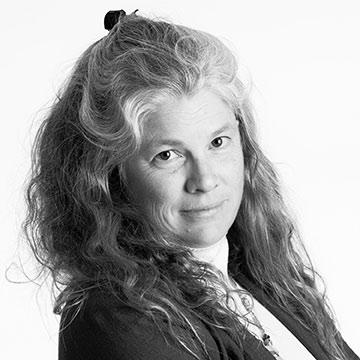
How to Keep your Secrets in a Post-Quantum World (or: Supersingular Isogeny Graphs in Cryptography)
As we move towards a world which includes quantum computers which exist at scale, we are forced to consider the question of what hard problems in mathematics our next generation of cryptographic systems will be based on. Supersingular Isogeny Graphs were proposed for use in cryptography in 2006 by Charles, Goren, and Lauter. Supersingular Isogeny Graphs are examples of Ramanujan graphs, which are optimal expander graphs. These graphs have the property that relatively short walks on the graph approximate the uniform distribution, and for this reason, walks on expander graphs are often used as a good source of randomness in computer science. But the reason these graphs are important for cryptography is that finding paths in these graphs, i.e. routing, is hard: there are no known subexponential algorithms to solve this problem, either classically or on a quantum computer. For this reason, cryptosystems based on the hardness of problems on Supersingular Isogeny Graphs are currently under consideration for standardization in the NIST Post-Quantum Cryptography (PQC) Competition. This talk will introduce these graphs, the cryptographic applications, and the various algorithmic approaches which have been tried to attack these systems.
Kristin Estella Lauter is a mathematician and cryptographer whose research areas are number theory, algebraic geometry, and applications to cryptography. She is particularly known for her work on homomorphic encryption, elliptic curve cryptography, and for introducing supersingular isogeny graphs as a hard problem into cryptography. She is a Principal Researcher and Research Manager of the Cryptography Group at Microsoft Research in Redmond, Washington. She served as President of the Association for Women in Mathematics from 2015 –2017. She has published more than 100 papers and holds more than 50 patents.
Lauter was awarded the Selfridge Prize in Computational Number Theory in 2008 and was elected to the 2015 Class of Fellows of the American Mathematical Society "for contributions to arithmetic geometry and cryptography as well as service to the community." In 2017, she was selected as a fellow of the Association for Women in Mathematics in the inaugural class. She is the 2018-2020 Polya Lecturer for the Mathematical Association of America.
Lauter received her BA, MS, and Ph.D degrees in mathematics from the University of Chicago, in 1990, 1991, and 1996, respectively. Prior to joining Microsoft, she held positions as a visiting scholar at Max Planck Institut fur Mathematik in Bonn, Germany (1997), T.H. Hildebrandt Research Assistant Professor at the University of Michigan (1996-1999), and a visiting researcher at Institut de Mathematiques Luminy in France (1999).
She is a co-founder of the Women in Numbers Network, a research collaboration community for women in number theory, and she is the lead PI for the AWM NSF Advance Grant (2015-2020) to create and sustain research networks for women in all areas of mathematics. She serves on the Board of Trustees of MSRI, the Advisory Board of the Banff International Research Station and has served on the Council[7] of the American Mathematical Society (2014-2017).
